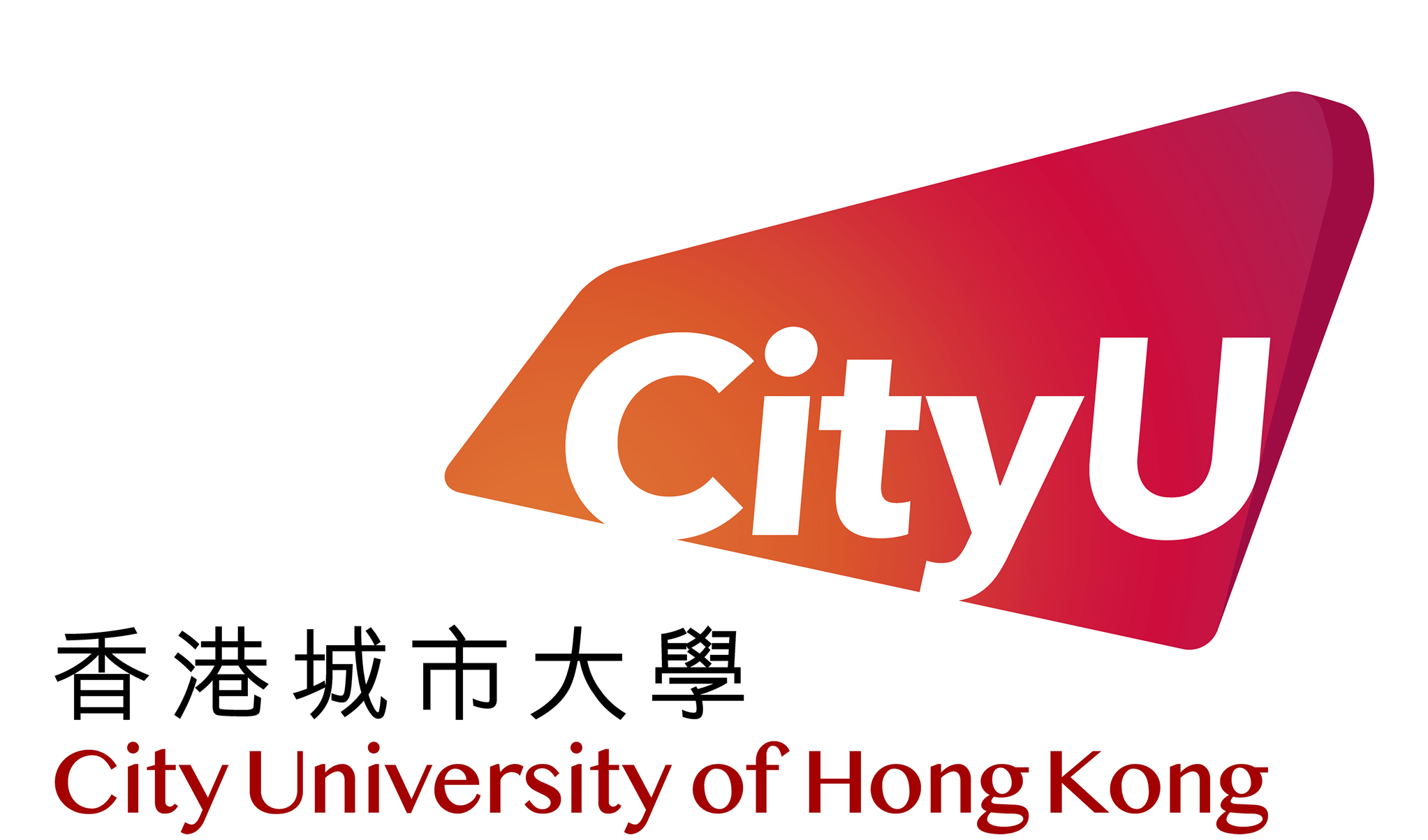HKIAS News
Phase Engineering of Nanomaterials (PEN)
8 April 2021
A specialist in the field of nanomaterials, Professor Hua Zhang, the Herman Hu Chair Professor of Nanomaterials in the Department of Chemistry of the City University of Hong Kong (CityU), delivered an online lecture titled “Phase Engineering of Nanomaterials (PEN)” for the Hong Kong Institute for Advanced Study (HKIAS) Distinguished Lecture Series on Chemistry at CityU on 31 March 2021. Over 300 online participants joined this virtual event.
Significant progress has been made in the phase engineering of nanomaterials (PEN) in recent years. Phase has emerged as an important structural parameter that determines the properties and functionalities of nanomaterials. In the talk, Professor Hua Zhang provided an overview of the latest progress in his research on PEN. He focused on explaining the rational design and synthesis of novel nanomaterials with unconventional phases for various promising applications.
According to Professor Zhang, PEN is the rational design, preparation, and transformation of different phases in nanomaterials. It provides another effective way to modulate the physicochemical properties and functions of nanomaterials. Professor Zhang explained and discussed various strategies used to synthesize nanomaterials with unconventional phases and induce phase transformation of nanomaterials by taking noble metals and layered transition metal dichalcogenides as typical examples.
Besides, Professor Zhang provided his perspectives on challenges and opportunities in this emerging field, including exploration of phase-dependent properties and applications, rational design of phase-based heterostructures and extension of the concept of phase engineering to a wider range of materials.
Professor Zhang concluded that the concept of PEN could be applied to many other materials with unique physicochemical properties and promising applications ,such as applications in catalysis, (Opto-)electronic devices, clean energy, chemical and biosensing, surface-enhanced Raman scattering, waveguide, photothermal therapy, etc. He looked forward to providing new ideas and new research strategies for the discovery of novel functional materials.
As a prominent scholar with excellent research achievements, Professor Zhang has filed 74 patent applications (including 8 granted US patents, 1 China patent and 1 Singapore patent), and published over 510 papers with citations of over 82,100 (H-index of 141, Web of Science), and over 96,500 (with H-index of 151, Google Scholar) until 6 January 2021.
A Highly Cited Researcher from 2014 to 2019 according to Clarivate Analytics (Thomson Reuters), Professor Zhang was listed in the top 300 most cited researchers in the field of materials science and engineering by Elsevier Scopus in 2016.
In addition, Professor Zhang was elected as a Foreign Fellow of the European Academy of Sciences, an Academician of the Asia Pacific Academy of Materials, and a Fellow of the Royal Society of Chemistry.
This lecture is supported in part by the Kwang Hua Educational Foundation.
[ Back ]







